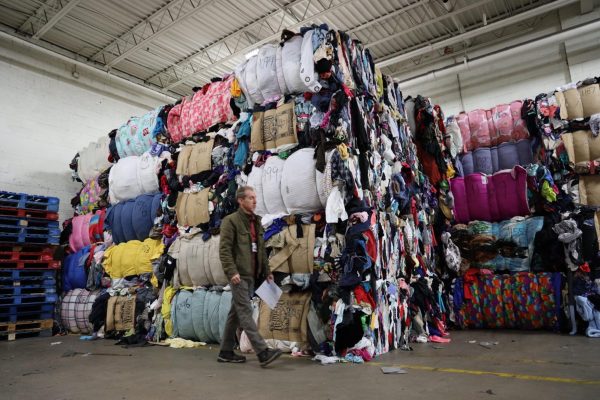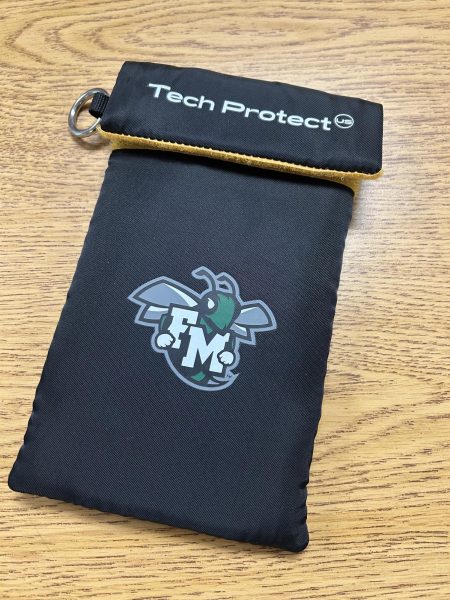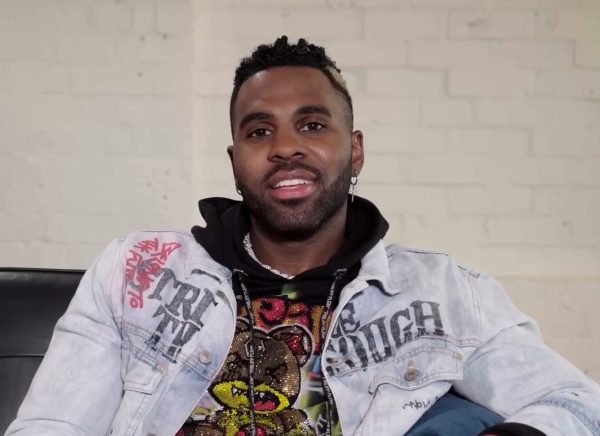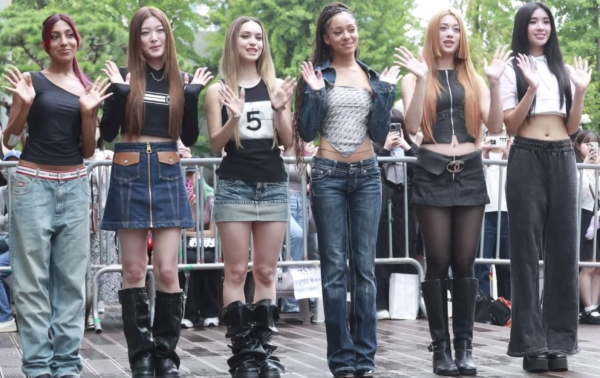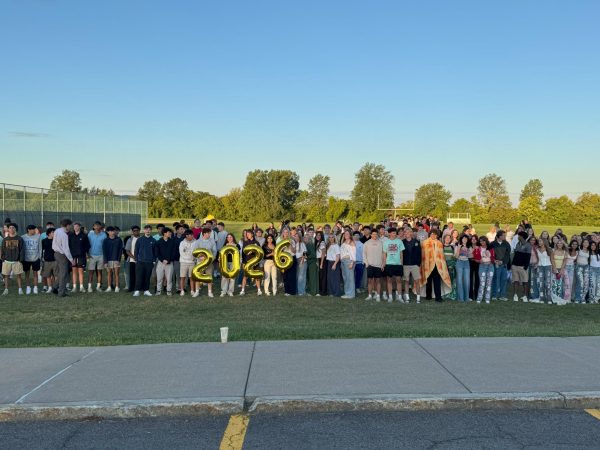Virus vs. vaccine: Should public schools mandate the vaccine?
To some, getting the COVID-19 vaccine is more frightening than the illness itself. Despite lucid evidence pointing out the deadly impact of the disease over the temporary side-effects of its vaccine, a significant number of people label the work of science a witchery. The resistance of these people then raises the question: Should the state and federal government mandate the distribution of the COVID-19 Vaccine in public schools?
One of the main concerns of such a decision is its constitutionality. The short answer is yes, states have the right to force their residents to take the vaccine or face a repercussion. The legality can be found in a Supreme court case over a century ago. In 1905, the case Jacobson vs. Massachusetts ruled that states have under their police powers the authority to enact reasonable regulations as necessary to protect public health, public safety, and the common good. Vaccination mandates are precisely what the ruling was alluding to.
From the outset, many argue the COVID-19 vaccine shouldn’t be something to be mandated. Teachers may be required by the board of education to get an annual flu shot, and engineers might be required to take the covid vaccine in order to keep their company afloat, but students have no such obligations. Parents should be the critical decision-makers of their children’s health, not the state. Furthermore, Pew Research Center recorded that approximately 69% of Americans approve of and intend to receive the vaccine, and this number rises every week. If a large enough percentage of students get the vaccine, the virus becomes an insignificant pest, and no mandates are necessary.
However, Becker’s Hospital Review notes in a study that the percentage of people who intend to get the vaccine drops significantly in certain red states like Alabama compared to more blue states like New York. In these regions, the risk is higher for students who attend schools, and their populations are more antagonistic to the idea of mandating vaccination. Their arguments belittle the virus, attributing to its relatively low mortality rate. They consider the vaccine itself, which was developed in a hurry, to be a greater threat.
Just one year ago, scientists puzzled over how a single microorganism in Wuhan, China was able to spread to every corner of the United States, and beyond. Then reports of the virus mutations began to circulate in Italy and Britain, sending doctors into a frenzy. A crackpot in South Carolina could become the new Wuhan, spreading COVID-19 deviants. The fact is, the longer the virus exists, the more dangerous it will become. It must end here and now. Mandating the vaccine in schools is not a necessary evil at this time, but continued resistance to it will only further harm our health, economy, and education.
Jacobson was a U.S. citizen who brought his refusal to get the smallpox vaccine to court in 1905. Disregarding the Americans who were dead, scarred, or had their livelihoods stolen by smallpox, he asserted that it was his constitutional right to reject the vaccine. The Supreme Court in 1905 voted for altruism. The lessons learned a hundred years ago, or even one year prior to today, serve to remind us of when to draw the line between the rights of the individual and the common good.

Ziye is part of the class of 2022 and she has been a part of the Buzz since her Freshman year. She enjoys playing volleyball and shopping, but recently...



